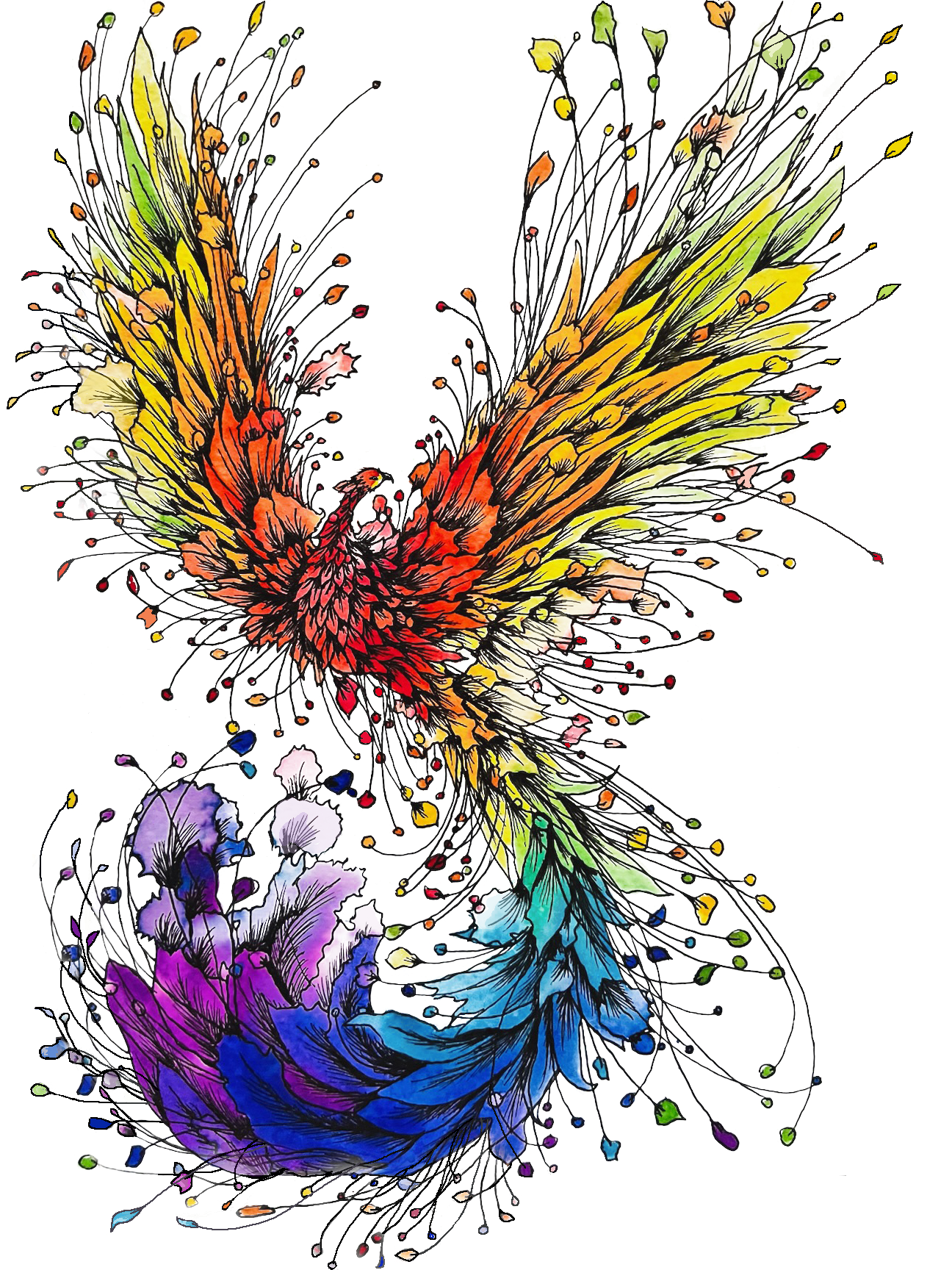Exploring the Inner Landscape: Internal Family Systems and Psychedelic Therapy
In recent years, the intersection of psychology and psychedelic therapy has garnered significant attention for its potential to catalyze profound healing and personal transformation. Among the diverse frameworks guiding these therapeutic journeys, Internal Family Systems (IFS) stands out as a particularly promising approach.
At its core, Internal Family Systems theory proposes that each individual's psyche is comprised of distinct parts, akin to members of a family, each with its own unique beliefs, emotions, and motivations. These parts are organized into systems that interact within the individual's inner landscape. The goal of IFS therapy is to facilitate harmony and balance among these parts by fostering self-awareness, understanding, and compassion.
When integrated into the context of psychedelic-assisted therapy, the principles of IFS offer a powerful framework for navigating the often intense and multifaceted experiences induced by psychedelics. Psychedelics have a remarkable ability to amplify unconscious material and bring it into conscious awareness, often revealing deeply rooted patterns, traumas, and inner conflicts.
By employing the lens of Internal Family Systems, individuals undergoing psychedelic therapy can engage with their inner dynamics in a structured and supportive manner. Rather than being overwhelmed or fragmented by the intensity of psychedelic experiences, clients can cultivate a sense of curiosity and compassion toward their inner parts, allowing for deeper exploration and integration.
For instance, during a psychedelic session, a person may encounter inner parts representing aspects of themselves such as the wounded child, the inner critic, or the protector. Through the guidance of a skilled therapist, individuals can establish a dialogue with these parts, understanding their origins, concerns, and contributions to their overall psyche. By doing so, clients can begin to heal past wounds, reconcile internal conflicts, and cultivate a more cohesive sense of self.
Furthermore, the principles of IFS encourage individuals to adopt the role of the compassionate and curious "Self," a central concept in the model representing the core, undamaged aspect of one's being. By embodying the qualities of the Self during psychedelic experiences, individuals can provide a stable and nurturing presence amidst the often tumultuous terrain of the psyche, fostering a sense of safety and trust within themselves.
Incorporating Internal Family Systems into psychedelic-assisted therapy not only enhances the therapeutic process but also promotes lasting transformation and integration of insights gained during psychedelic experiences into everyday life. By honoring and befriending the diverse array of inner parts, individuals can cultivate a deeper sense of wholeness, resilience, and authenticity, ultimately leading to profound healing and growth on their journey of self-discovery.
